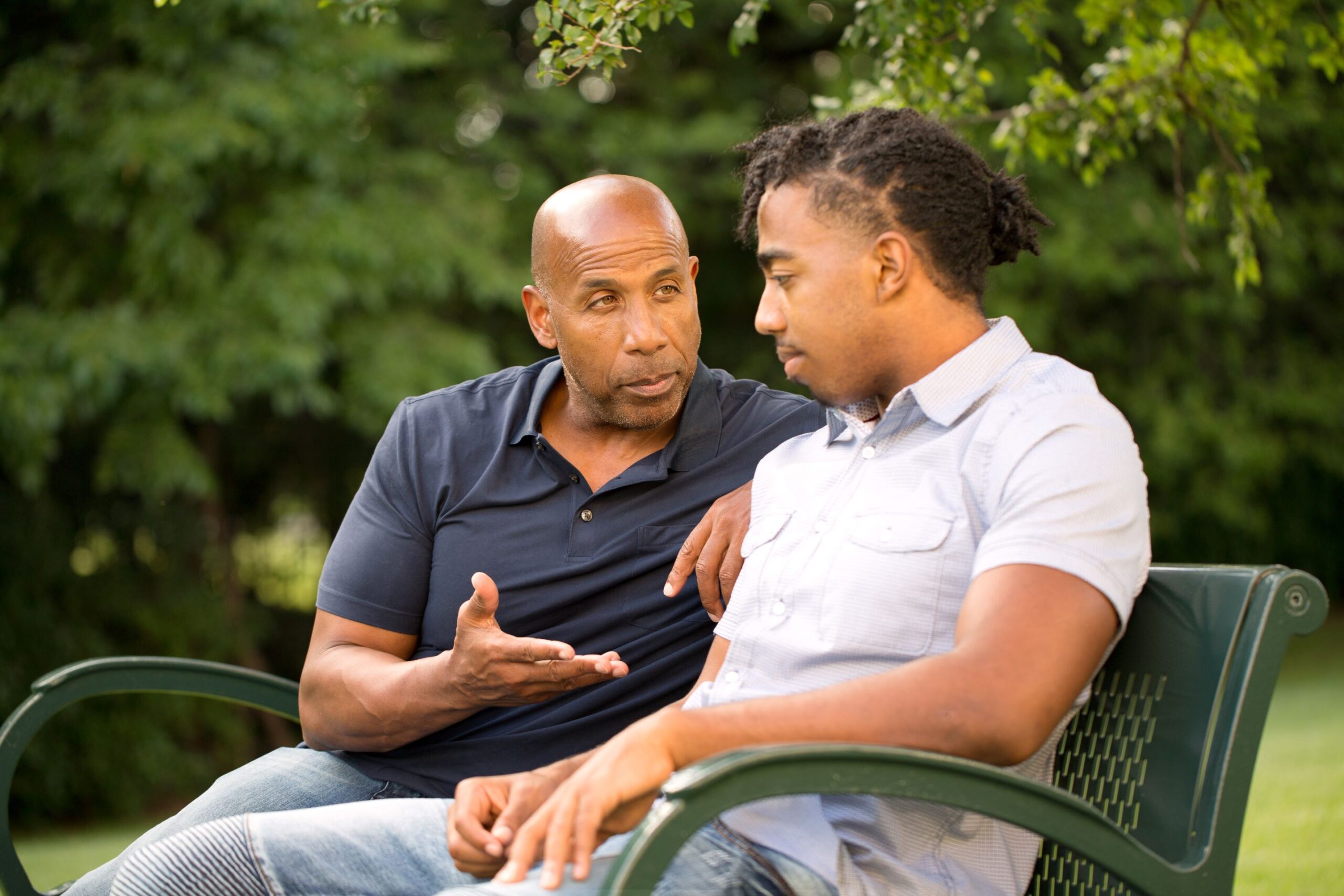Even if your children get along well, the distribution of your assets can require conflict resolution skills. Without previously experiencing any significant conflicts, even close siblings can struggle to maintain happy family relationships when settling your estate.
Grandparents Have Rights: What visitation rights do grandparents have with their grandchildren in Ohio?
As the title to this post suggests, the State of Ohio has specifically prescribed certain circumstances when a grandparent may be granted court-ordered visitation of their grandchild(ren).
[WARNING: Custody law is very complex and can vary from jurisdiction to jurisdiction and venue to venue. Improperly filing for visitation can seriously affect the ultimate outcome, making it very important to engage an attorney to assist and advise you in any custody matter.]When May Grandparents or Other Persons get Visitation?
The common-law has historically excluded grandparents from rights of custody and visitation. The State of Ohio has however explicitly authorized its courts to award visitation to grandparents, persons related to the child by consanguinity or affinity, or any other person other than a parent in three circumstances. First, when a couple terminates their marriage via dissolution or divorce, or the couple enters into a legal separation. Second, when a parent of the child(ren) has passed away, and third, when a child is born to an unmarried mother [See ORC 3109.051(B)].
Divorce/Dissolution/Legal Separation
During an Ohio divorce, dissolution, or legal separation proceeding, grandparents or other persons described above may move to be granted visitation if the Court rules such visitation is in the child’s best interests. Grandparents must move to intervene in the action, making them a party to the case. Not intervening while the action is pending is not a complete bar however; as the Revised Code allows for such persons to file a motion for visitation after proceedings have concluded when there has been a change in circumstances [ORC 3109.051(B)(2)].
Parent has Died
This provision is fairly straight forward. Recognizing that the death of a parent can create a significant gap in a child’s parental needs, the Code specifically allows grandparents to move to be granted visitation in such circumstances when it is in the child’s best interest.
Child is born to Unwed Mother
If a child’s mother is unmarried at the time of the child’s birth, the maternal grandparents may move for visitation. Custody of the biological father is not automatically established at the time of birth when the couple is unmarried (see previous post “Custody a la Pauly D. with a side of Las Vegas and the Jersey Shore”), but if the father’s paternity has been acknowledged by an Ohio court, the paternal grandparents may also move to be granted visitation.
Conclusion
The United States Supreme Court has long recognized a parent’s right to parent their children as they choose (see Meyer v. Nebraska and Pierce v. Society of Sisters), but Ohio also recognizes the positive role grandparents play in the upbringing of their grandchildren, and further recognize the value of ordering visitation for grandparents under certain circumstances when it is in the best interests of the child(ren). Also keep in mind that visitation rights are not automatic, and only exist if a court says they do. Lastly, the factors used in determining what is in the best interests of the children are extensive and complicated[see ORC 3109.051(D)], and should you wish to move for visitation of your grandchild or are a significant person in the child’s life, it is very important to speak to an attorney before proceeding. The stakes are high, and mistakes are likely unforgivable.



